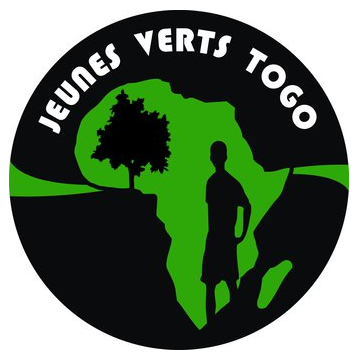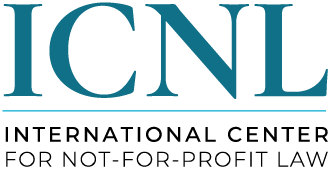The Open Technology Fund (OTF) is seeking applications for the Rapid Response Fund to resolve threats in a timely and comprehensive manner for individuals, communities, and organizations whose free expression has recently been repressed.
To resolve digital emergencies, OTF offers both direct financial support as well as technical services from trusted partners to high-risk people and organizations, such as bloggers, cyber activists, journalists, and human rights defenders.
Types of Support
The Rapid Response Fund offers two types of support to organizations, activists, journalists, and other human rights defenders facing digital attacks and emergencies of various kinds:
technological services from trusted service partners and
direct financial support for the many needs that cannot be fulfilled by available service partners.
Support is only available through the Rapid Response Fund when there is a clear and time-sensitive digital emergency in which an applicant is seeking short-term and urgent support.
The Rapid Response Fund does not provide support for projects that are long-term in nature or that aim to build digital security capacity among groups or organizations.
Financial Support
When rapid response applicants’ needs are not sufficiently covered by the service partners, OTF can provide financial support directly to activists, journalists and related organizations to help prepare for or mitigate digital threats or emergencies, given applicants can demonstrate their capacity to do the required work.
They typically provide anywhere from $1 to $50,000 for a period of six months or less for individuals or groups carrying out relevant rapid response activities, although applications in excess of this sum can be considered. Relevant activities might include:
Establishing new Internet connections (such as VPNs) when existing connections have been cut off or have been restricted;
Providing personal digital protection for online journalists, human rights defenders, NGOs, activists and bloggers;
Rapid development of tools or translations needed to respond adequately to emergencies;
Developing decentralized, mobile internet applications that can link computers as an independent network (mesh or delay-tolerant networks);
Emergency patches
Any appropriate response to digital emergencies not listed above
Eligibility Criteria
Do not let the below scare you away. Consider these as a starting point for discussion, and always apply. Individuals should meet one of the following criteria in order to be eligible for funding:
Individuals of all ages irrespective of nationality, creed or sex;
Individuals who demonstrate skill and ability to conduct rapid response work;
Individuals who have intimate knowledge of the communities they are working with, and the digital threats they experience.
They are not able to support applicants within countries that the United States has trade restrictions or export sanctions as determined by the U.S. Office of Foreign Assets Control (OFAC).
All payments will be made in U.S. dollars (USD) and will comply with local laws, regulations and ethics rules. Each applicant is responsible for the tax consequences of any support they receive, as determined by the laws of their country.
It is each individual and organization’s sole responsibility to comply with any policies any pre-existing employer, etc. may have that would affect your eligibility to receive support from OTF.
Criteria
Quality of project idea: When applying for direct funding, applications should exhibit originality, substance, precision, and relevance to the mission of promoting freedoms of expression, assembly, and association online.
Ability to achieve objectives: A relevant work plan should demonstrate substantive undertakings and logistical capacity of the organization. The work plan should adhere to the program overview and guidelines described above. Objectives should be ambitious, yet specific, measurable, achievable, relevant and time-bound. For complete scopes of work, applicants will have to provide a monthly timeline of project activities.
Multiplier effect/sustainability: Proposed programs should address how the expected results will contribute to improving Internet freedom goals.
Applicant record and capacity: OTF will consider the past performance of prior recipients and the demonstrated potential of new applicants.
Submissions are viewable by the OTF team for evaluation and acceptance. To this end, all Rapid Response requests are reviewed and approved by the OTF team to assess the project’s necessity, appropriateness, risk, legality, and contractual structure. Though they cannot guarantee absolute secrecy of information disclosed, they seek to avoid disclosure of sensitive information beyond the OTF team. They strive to assess and approve Rapid Response applications as quickly as possible, and make every effort to make a decision within five days.



